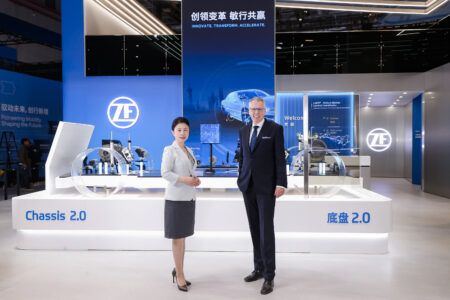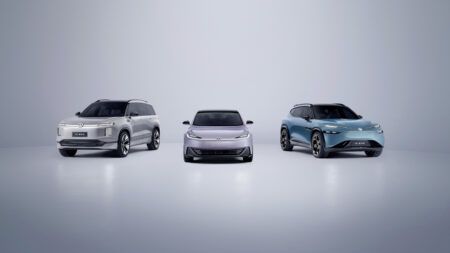The agreement aims to improve establish a supply chain,to achieve the mass production of all-solid-state batteries for battery electric vehicles (BEVs). Oil refining company Idemitsu has been working on research and development on elemental technologies for all-solid-state batteries since 2001, while Toyota has been working on the same since 2006. This particular collaboration focuses on sulfide solid electrolytes, which are seen as a promising material to achieve high capacity and output for BEVs. Sulfide solid electrolytes are characterized by softness and adhesiveness to other materials, which is suitable for battery mass production.
Both companies have established task forces that will work on three phases, firstly working together to establish a better process for producing the sulfide solid electrolytes, paying close attention to quality, cost, and lead times. The second phase is the construction of a large pilot facility, to allow for mass production technology.
Toyota will promote development of both all-solid-state batteries which sulfide solid electrolytes are used and BEV development in which the batteries are incorporated, and then will ensure market launch of BEVs with all-solid-state batteries in 2027-28.
The third step will be full-scale mass production and commercialization. “By bringing together the material development technologies of both companies, Idemitsu’s material manufacturing technology, and Toyota’s battery mass production technology, we will engage in full-scale mass production of all-solid-state batteries,” said Koji Sato, Toyota CEO.
Solid-state batteries can hold more energy than current liquid electrolyte batteries and can drastically improve the driving range of BEVs. Automakers and analysts expect them to speed up the global transition to electric vehicles.





